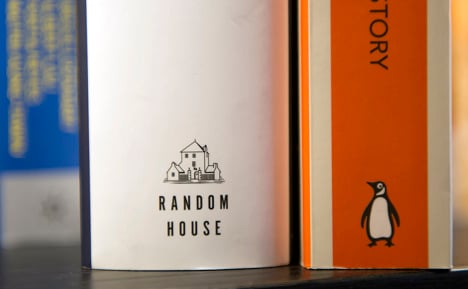Penguin and Random House will combine their businesses in a newly-created joint venture named Penguin Random House, said a statement. Bertelsmann will own 53 percent of the joint venture and Pearson 47 percent.
The tie-up was expected to complete in the second half of next year, subject to regulatory approvals.
“The combination brings together two of the world’s leading English language publishers, with highly complementary skills and strengths,” the statement said.
“Random House is the leading English language publisher in the US and the UK, while Penguin is the world’s most famous publishing brand and has a strong presence in fast-growing developing markets.”
Bertelsmann is set to nominate five directors to the board of Penguin Random House and Pearson four. John Makinson, currently chairman and chief executive of Penguin, is to become chairman of Penguin Random House and Markus Dohle, currently chief executive of Random House, its chief executive.
“Our new company will bring together the publishing expertise, experience, and skill sets of two of the world’s most successful, enduring trade book publishers,” said Dohle.
“In doing so, we will create a publishing home that gives employees, authors, agents, and booksellers access to unprecedented resources.”
Marjorie Scardino, the outgoing chief executive of Pearson, added that, “together, the two publishers will be able to share a large part of their costs, to invest more for their author and reader constituencies and to be more adventurous in trying new models in this exciting, fast-moving world of digital books and digital readers.”
The joint venture excludes Bertelsmann’s trade publishing business in Germany, while Pearson was to retain rights to use the Penguin brand in education markets worldwide.
In 2011, Random House reported revenues of €1.7 billion and operating profit of €185 million, while Penguin revenues hit £1.0 billion and operating profit £111 million.
AFP/jcw



 Please whitelist us to continue reading.
Please whitelist us to continue reading.
Member comments